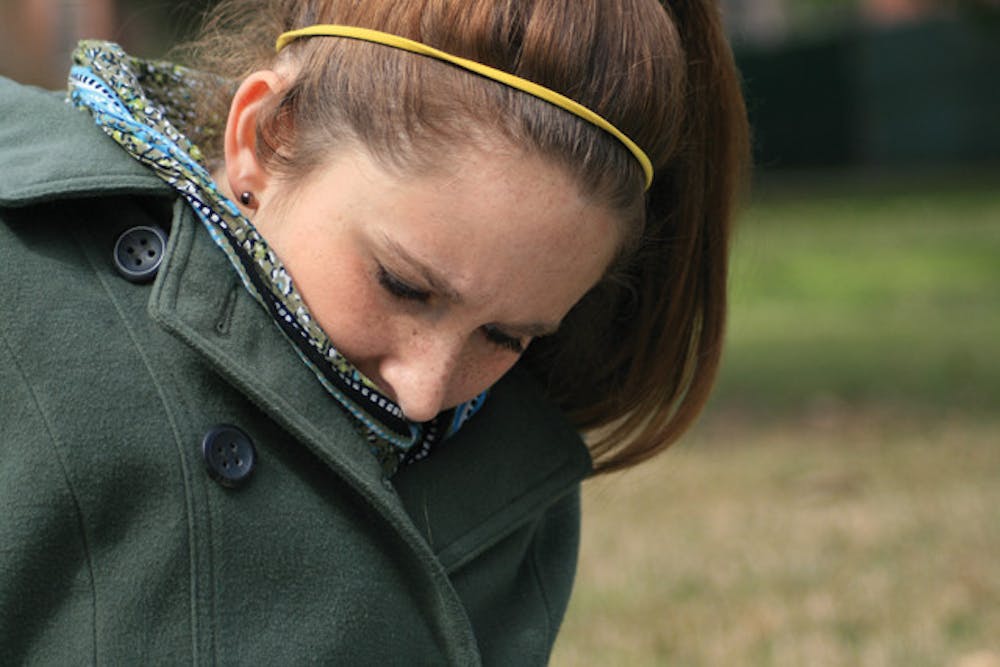The freezing temperatures in Gainesville are taking a vacation.
Cold temperatures, which started Friday night, will warm up to 73 degrees today and 78 degrees Wednesday.
A high-pressure system from Antarctica cooled Gainesville to 25 degrees over the weekend, said Phil Peterson, a meteorologist at the National Weather Service in Jacksonville.
The cold front started Friday night with temperatures dipping below 40 degrees, according to the Florida Automated Weather Network.
Peterson said the cold front is moving clockwise, pulling warm air from the Gulf of Mexico and warming up Gainesville as the front moves toward the southwest.
The warm temperatures will stay longer than the cold temperatures, he said.
Today's low is in the mid-30s, Wednesday's is in the mid-50s and Thursday's is in the upper 50s, he said.
Cold temperatures drew more customers than usual to Volta Coffee, Tea & Chocolate, said Jenny Todd, a 25-year-old employee.
"When it gets colder, people crave more hot drinks and less cold drinks," Todd said.
However, the freezing temperatures hurt Gainesville's farmers.
Travis Mitchell, a 26-year-old community food project coordinator of Florida Organic Growers, lost his snow peas to the weekend frost.
The freezing temperatures can kill part of a plant's leaves, causing the plant to take longer to grow.
Below the surface, the crop suffers even more, he said. Plant cells are damaged when a plant thaws after a freeze.
"It's poetic," Mitchell said. "It's the returning warmth that lays the final blow."
Plants like tomatoes, radishes and some varieties of lettuce cannot make it through a hard freeze, he said.
Some gardeners protect their plants from the cold by covering them with blankets to trap the heat, and naturally formed tree canopies can help keep plants warm.
Strawberry gardeners use sprinklers to warm their plants, he said, because heat is released by the water freezing on the strawberries.
"A few degrees will make all the difference," Mitchell said.
Rhianna Reed, 22-year-old food and resource economics senior, uses her scarf and coat to stay warm while studying in the grass behind The Hub on Monday afternoon.





